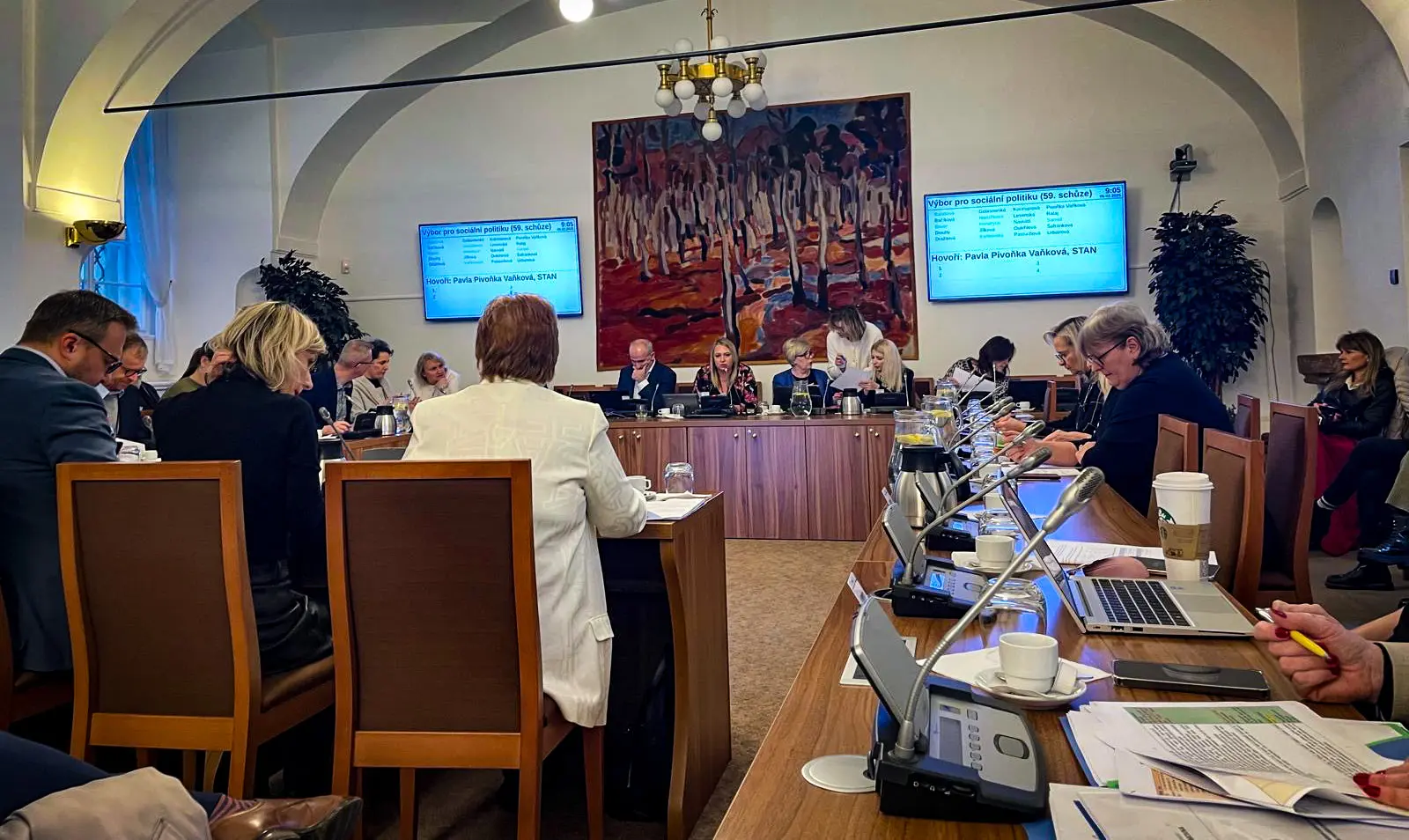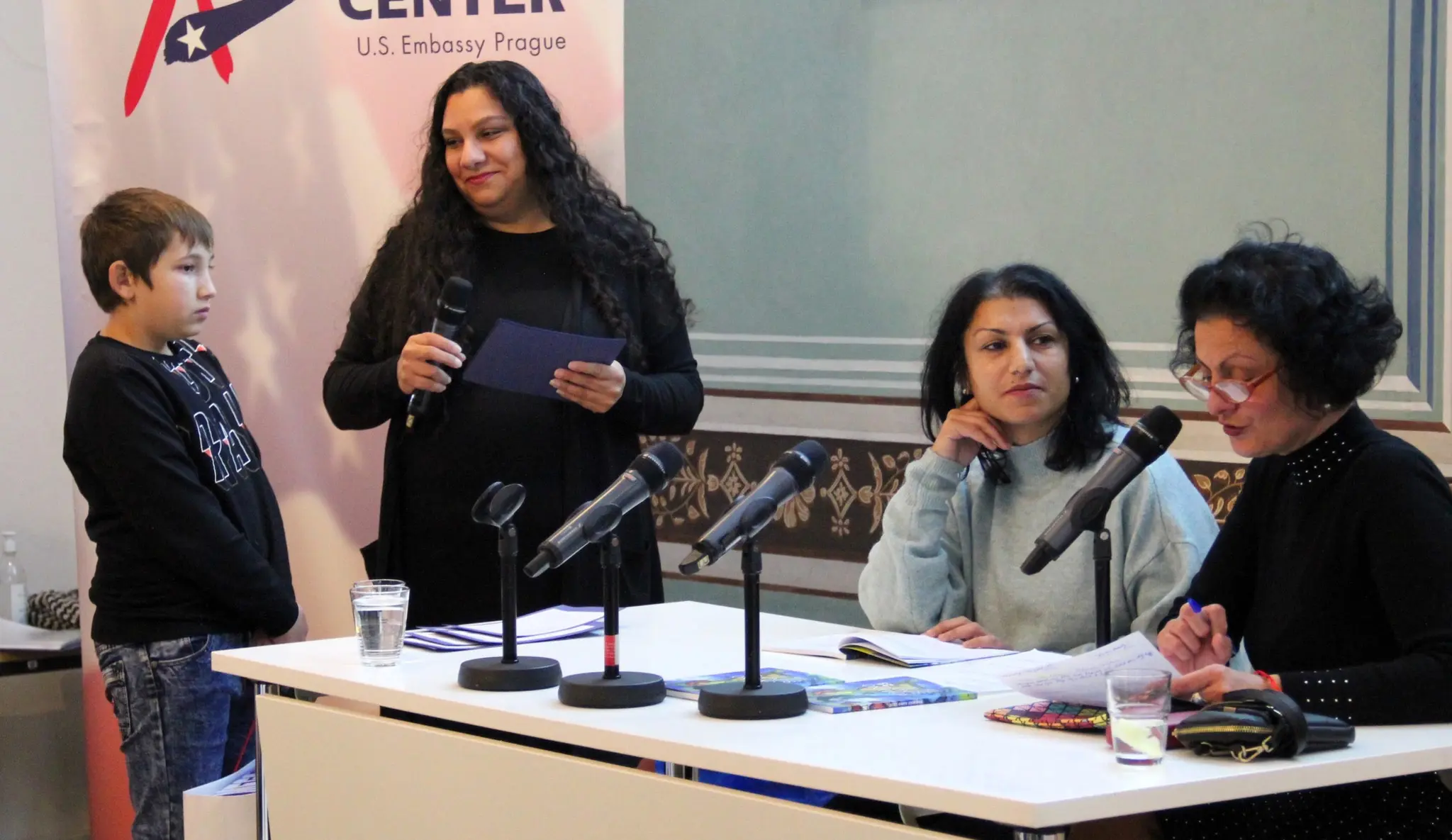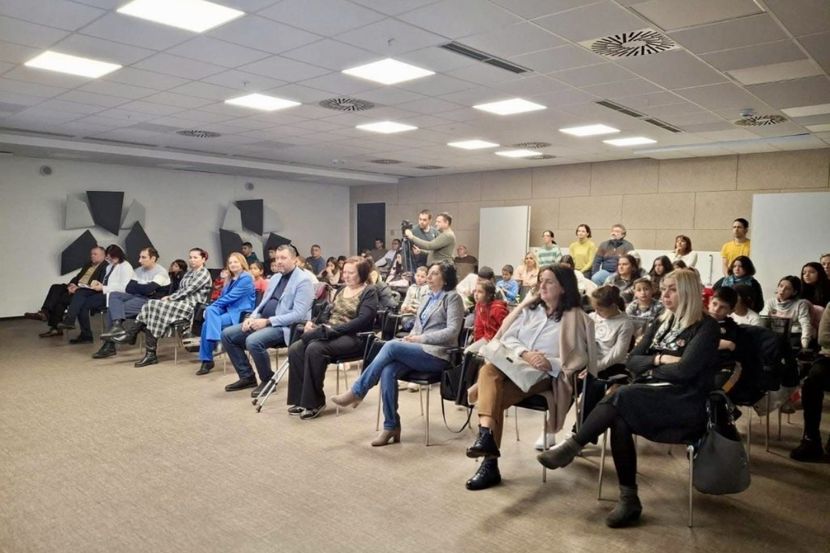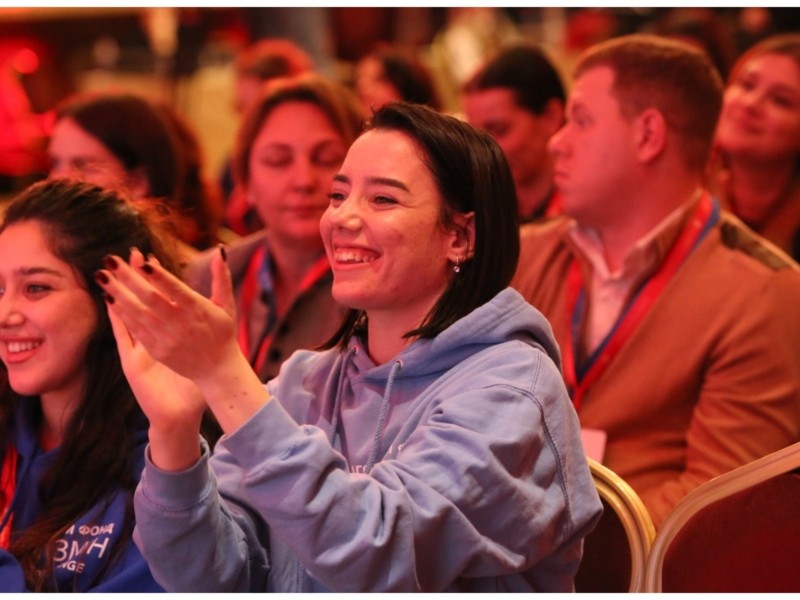In an article in die Welt, Bauerdick (2013) responds to the many sometimes violent criticisms of his book, “Gypsies: Encounters with unloved people.” He still seems not to realise that his supposed revelations on culturally related grievances is after all racist. He notes: “If the police, as currently in Westphalia, warns against bands of con artists, then this is no need for the Central Countil [of Sinti and Roma to read the Levites to their own clientele. If Roma pimps send thousands of young women to bars and to brothels, not a single official stands up to protect the victims. And when in Paris, the Louvre closes because droves of abused children steal from the visitors, then that has nothing to do at all with that ethnic group for which Heuss speaks as non-Gypsy. For the Central Council, Roma crime is solely responsibility of individuals. Only the racism of the dominant society is collective.” With his statements Bauerdick follows the same line as the Weltwoche. His criticism is one that builds on a very one-sided picture of the Rroma, pervaded by prejudice. Bauerdick wants to have encountered all the things that he wrote and criticised about in his book. But how does he knows with certainty that the begging children are Rroma and the prostitutes are Rromnja? How does he know that the children are not begging for themselves or their parents, and the women prostitute themselves out of poverty? Where does he take the authority as Gadjo to gauge Rroma? The problems he sees among the Rroma are exactly those that outsiders over and over again simplistically use to explain the observed events: Begging children are part of hierarchically organized clan networks, the same applies to prostitutes or theiving Rroma. Behind them stands a mighty Rroma king who skims all of them. That despite numerous refutations of his vision, Bauerdick still decidedly insists on his position is incomprehensible. It hurts Rroma more than it helps them, although the latter is his officially his goal. The fact that he thereby interprets the freedom of expression in an ethically very questionable manner, does not seem to be clear to him (compare with the right-wing populist platform Unzensuriert.at 2013).
- Bauerdick, Rolf (2013) Das intolerante Bündnis gegen Zigeunerschnitzel. In: Die Welt online vom 20.11.2013. http://www.welt.de/debatte/kommentare/article122083938/Das-intolerante-Buendnis-gegen-Zigeunerschnitzel.html
- Unzensuriert.at (2013) Zigeuner-Experte Bauerdick wehrt sich gegen linke Hetze. In: Unzensuriert.at online vom 25.11.2013. http://www.unzensuriert.at/content/0014432-Zigeuner-Experte-Bauerdick-wehrt-sich-gegen-linke-Hetze







